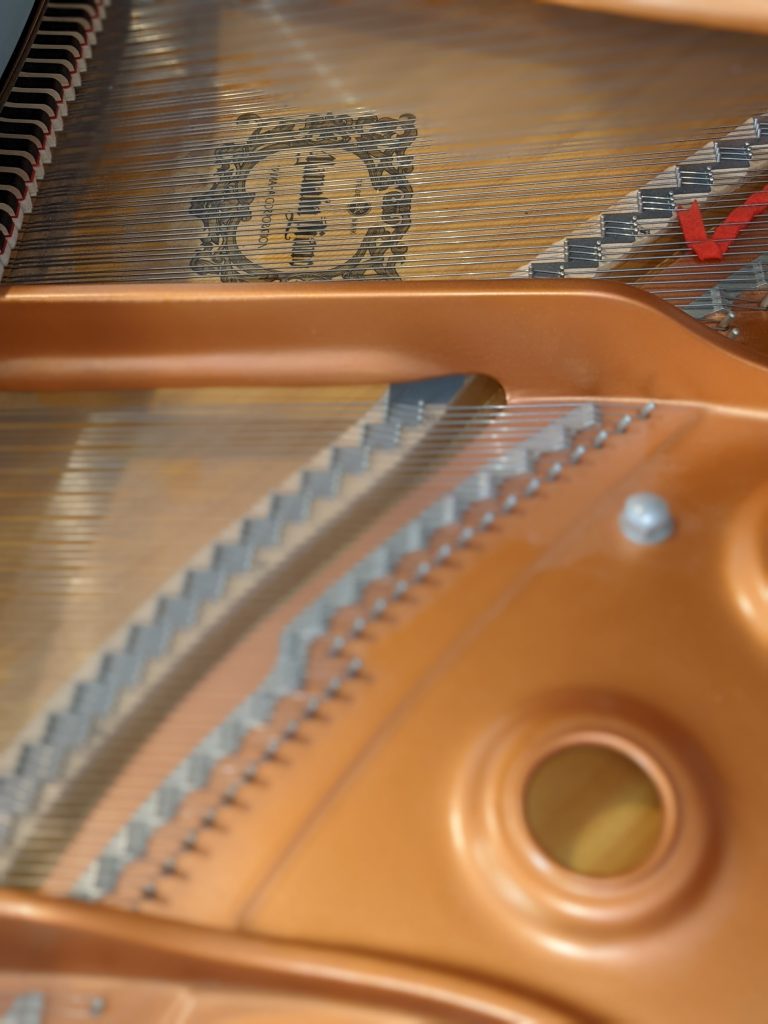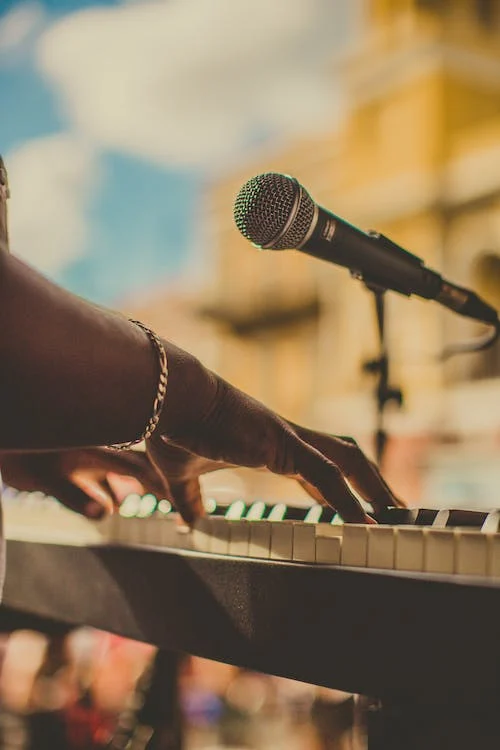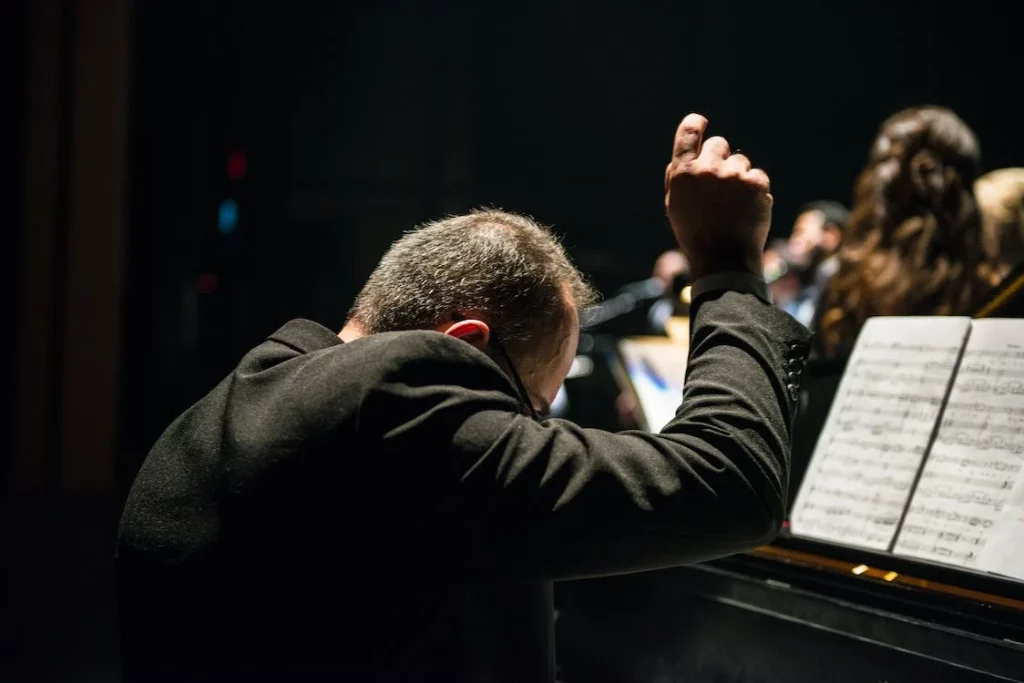Why Learn a Musical Instrument?
Why Piano is the Best Choice.
For those who want to learn how to play a musical instrument or decide on what their child would study, there are many choices to be made. There are woodwinds, brass instruments and popular choices like string instruments. Falling under the last category is the piano and I advocate that no instrument is better than another.
I truly believe that music generally casts a holistic, calming and pleasant effect on everyone. But piano music? It transcends this as it has grandeur, nobility and magnificence. The piano has some unique features that make it a wonderful choice for someone just learning about music. This article describes the characteristics of the piano and the unique values of learning music.

Playing the piano will actually make you smarter!
Characteristics of Piano Music
What makes the sound of a piano so great? Several factors go into the beauty and effectiveness of the piano tone:

Dynamic Range
Pianos have incredible dynamic range. The dynamic range of an instrument is the difference in volume between its softest and loudest tones. When played expertly, pianos can be played with remarkable softness. On the other hand, when the pianist exerts a lot of force and effort, pianos can sound thunderous and very loud. This wide dynamic range makes the piano capable of great musical drama and excitement, at the same time intimacy and peacefulness. Because of this tremendous dynamic range, the piano is an instrument of many moods.

Biggest Pitch Range
What is a pitch range? An instrument’s pitch range is defined by the lowest and highest notes it can play. Pianos have the biggest pitch range in the music biz. With some instruments, the pitch range depends on the player—like the expert flutist who can squeeze out higher notes than other flutists. With the piano, the range is defined by the instrument’s eighty-eight keys, and eighty-eight notes is a mighty pitch range. The piano can be menacing and guttural in the nether regions of its low range, while simultaneously sounding ethereal and haunting among its highest keys.

Incredible Expressiveness
Pianos have an inexpressible expressiveness. To explain this better, I opine that the piano’s tone is capable of great poetry, musical articulation, and emotional expressiveness. How it achieves this is in a way that’s hard to describe. Tone is sometimes described in colors, and the piano offers a greater palette of tonal colors than most other instruments, especially under the hands of an expert player.
Having expounded on these characteristics, it is hard to find another instrument like the piano. Of course, many other factors can go into one’s decision on what kind of instrument to learn on. I want to cite this one last thing. Did you know that studying piano has also been shown to amazingly improve memory.

According to a study (published and quoted by piano makers Steinway & Sons), studying the piano helps enhance one’s verbal memory. Children who had a few years of piano study under their belts could remember twenty percent more vocabulary words than their peers. Furthermore, it also builds good habits like focus and perseverance, diligence and creativity, not just for young learners but adult piano students as well.
I say that makes for a good reason why one should start learning the piano now, no matter what one’s age is.